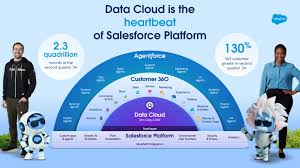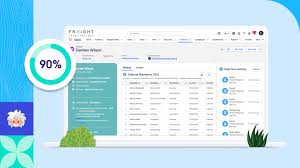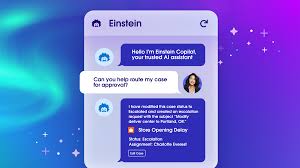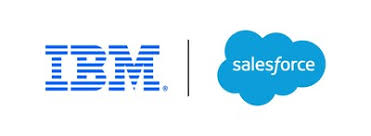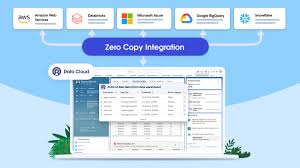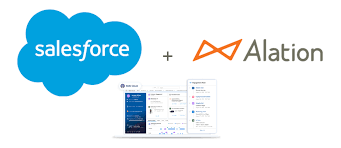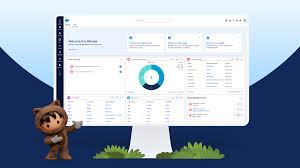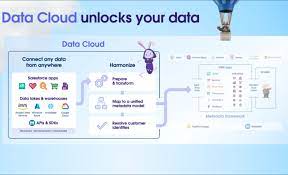Salesforce Data Cloud Innovations Announced
Salesforce Data Cloud Drives Customer Experience Transformation with New Data and AI Innovations Salesforce has unveiled new innovations within its Data Cloud, enhancing the way organizations transform customer experiences by leveraging data and AI. Key advancements include expanded support for unstructured data, enabling native processing of audio and video content—such as webinars and calls—to unlock deeper insights into customer behavior. A standardized semantic data model ensures both Agentforce Agents and humans can consistently interpret and use data, while improved search capabilities enhance information discovery by factoring in customer context. Real-time data activations allow organizations to respond instantly to evolving customer needs, and new data security and governance features safeguard operations and prevent data exposure. “In this new era of AI and Agents, customer data and metadata are the new gold for the enterprise,” said Rahul Auradkar, EVP and GM for Data Cloud at Salesforce. “More companies are using Data Cloud to unify all their data—from customer interactions and product usage to IoT and social media data—gaining deeper insights across all touchpoints. Because Data Cloud is foundational to Salesforce, companies can act on this data to deliver personalized, meaningful customer experiences.” Data Cloud integrates with Salesforce Customer 360, Agentforce, Flow, and analytics, providing a trusted data foundation for personalized experiences and real-time analytics. It powers data-driven actions and workflows while securely enabling AI across all Salesforce applications. Leveraging zero-copy technology and MuleSoft connectors, Data Cloud can ingest data from hundreds of sources, including data lakes and warehouses. Integrated into the Salesforce Platform, this metadata seamlessly flows into Salesforce applications, governed by set policies. This gives every team a 360-degree customer view, driving AI, automation, and analytics without compromising security. Data Cloud also enhances Agentforce, providing contextual insights and guiding next-best steps, like automating follow-up emails or sharing detailed chat summaries with human agents. Tableau Semantics bridges the gap between AI and employees, ensuring they operate with consistent data definitions. The following new Data Cloud features will be available across various release stages: For more information, visit www.salesforce.com. Like1 Related Posts Salesforce OEM AppExchange Expanding its reach beyond CRM, Salesforce.com has launched a new service called AppExchange OEM Edition, aimed at non-CRM service providers. Read more The Salesforce Story In Marc Benioff’s own words How did salesforce.com grow from a start up in a rented apartment into the world’s Read more Salesforce Jigsaw Salesforce.com, a prominent figure in cloud computing, has finalized a deal to acquire Jigsaw, a wiki-style business contact database, for Read more Service Cloud with AI-Driven Intelligence Salesforce Enhances Service Cloud with AI-Driven Intelligence Engine Data science and analytics are rapidly becoming standard features in enterprise applications, Read more

